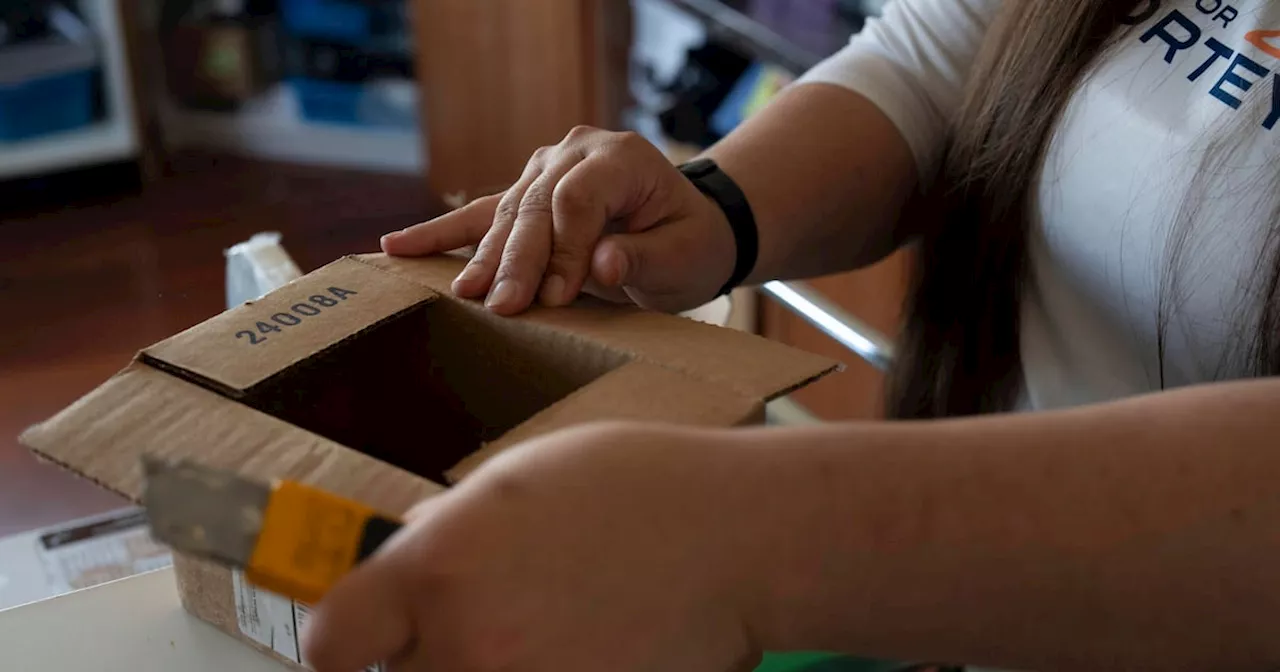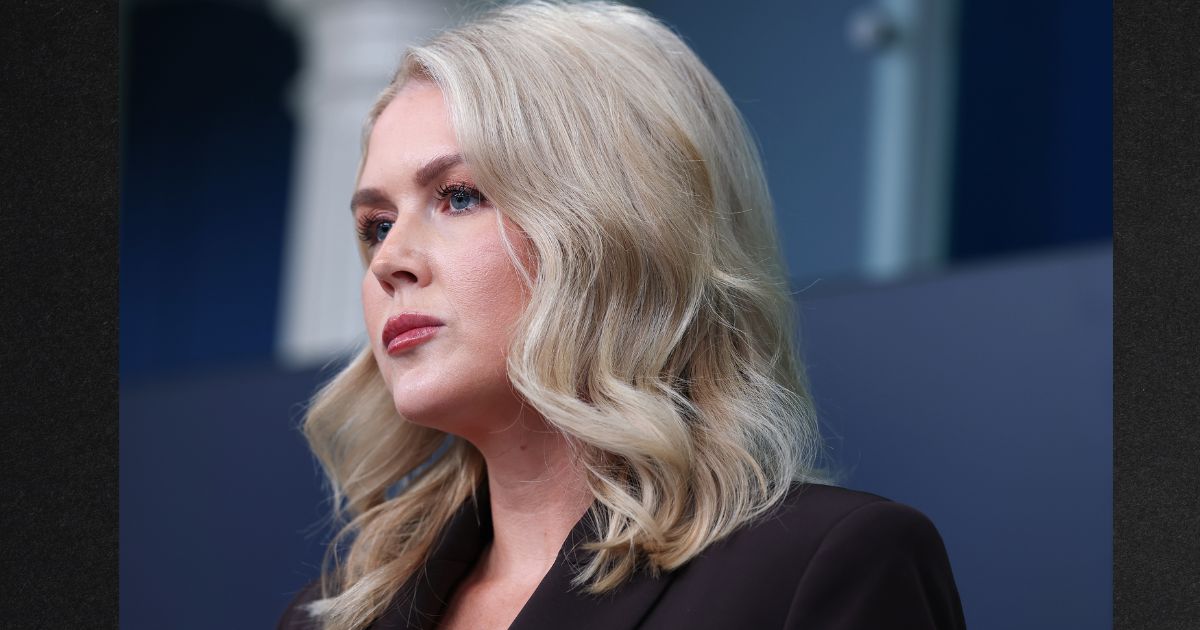UPDATE: Small businesses across the U.S. are facing an alarming decline in hiring, with recent data revealing a 7% drop in small business hiring in September compared to 2024 averages. As economic pressures mount, these companies—employing over 40% of the nation’s workforce—are bracing for tough times ahead.
Developing reports indicate that small businesses are grappling with multiple challenges, including inflation, a prolonged government shutdown, and wavering consumer confidence. For many, the harsh realities of the current economy are forcing defensive measures, impacting their hiring strategies.
Cyndi Gave, a North Carolina-based consultancy owner, laid off three staff members earlier this month, including a top office manager. She noted that her clients, primarily small businesses with 250 or fewer employees, are also cutting back on spending and hiring. “I was beginning to think it was just us,” she expressed, highlighting the pervasive uncertainty that is gripping small enterprises nationwide.
The findings from the Bank of America Institute reveal that small businesses are facing unprecedented financial uncertainty, with 31,000 jobs lost in October 2025 alone, according to ADP. In contrast, larger companies added 73,000 jobs, resulting in a net gain of only 42,000 jobs after months of declines.
A separate report by Challenger, Gray & Christmas tracked over 153,000 job cuts last month, marking an astounding 183% increase from the previous month. This surge in layoffs brings the total for the year to approximately 1.1 million, with major companies like UPS, Amazon, Intel, and Microsoft contributing to the growing layoffs.
Consumer sentiment is equally bleak, with metrics from the University of Michigan indicating levels near an all-time low in October. This atmosphere of uncertainty is impacting spending habits, as many potential customers cut back on discretionary purchases.
David Lokker, co-owner of Landsharks in Saugatuck, Michigan, reported a 3% revenue decline this year. “We’re just not seeing as many consumers right now,” he lamented, reflecting a broader trend among retailers. Meanwhile, Paloma Clothing, a Portland boutique, is experiencing similar difficulties. Co-owner Mike Roach highlighted that anxious customers are spending less, leading to an uptick in returns.
Trade policies are exacerbating the situation. Traci Burnes, manager at Paloma Clothing, stated that new tariffs on imports are tightening their budgets, causing a shift in hiring plans for the holiday season.
The combination of increasing import costs and economic instability has led to a cautious approach among many business owners. Ken Giddon, owner of Rothmans in New York, noted that while sales remain stable, he is hesitant to increase his workforce. “I don’t feel like I’m reading the tea leaves particularly well,” he admitted.
As the economic landscape continues to shift, small businesses remain crucial to local economies, yet they are feeling the brunt of financial shocks more acutely than their larger counterparts. Experts warn that without significant policy changes, the future for these enterprises looks precarious.
What happens next? Business owners and consumers alike are left watching and waiting for any signs of recovery or further decline as they navigate these turbulent times. The focus will now shift to potential government interventions and policy adjustments that could alleviate some of the burdens faced by small businesses across the nation.
Stay tuned for further updates as this situation develops.







